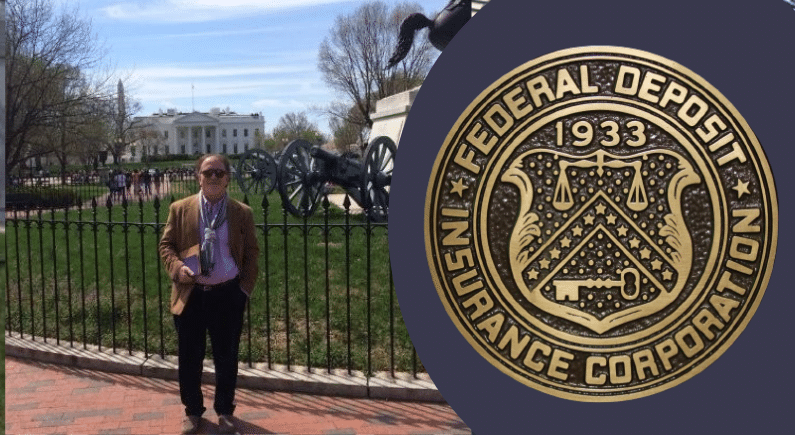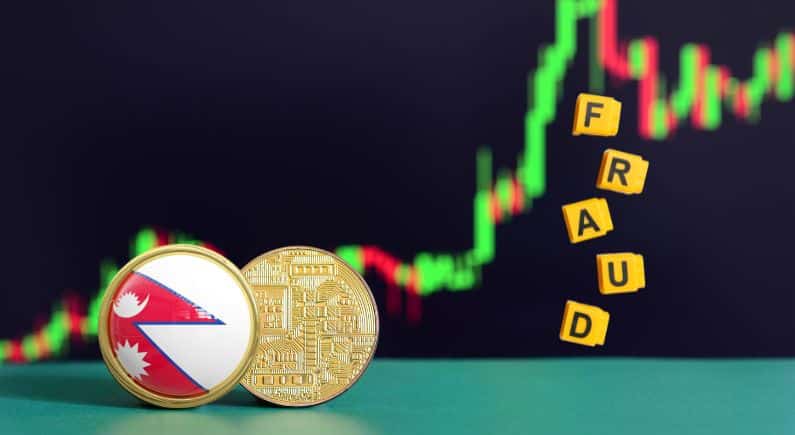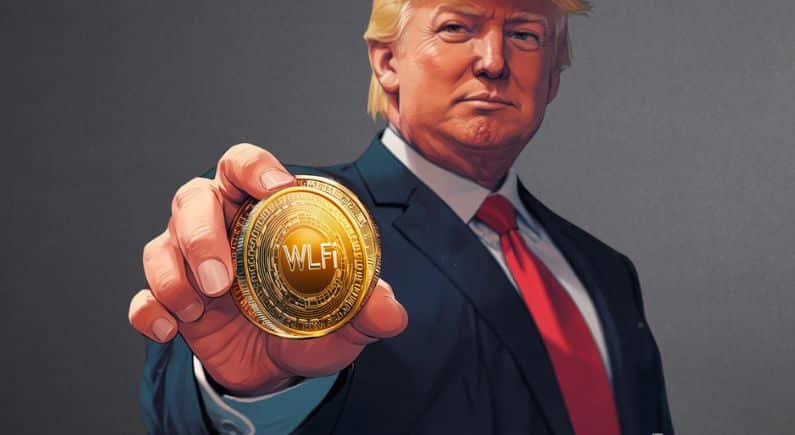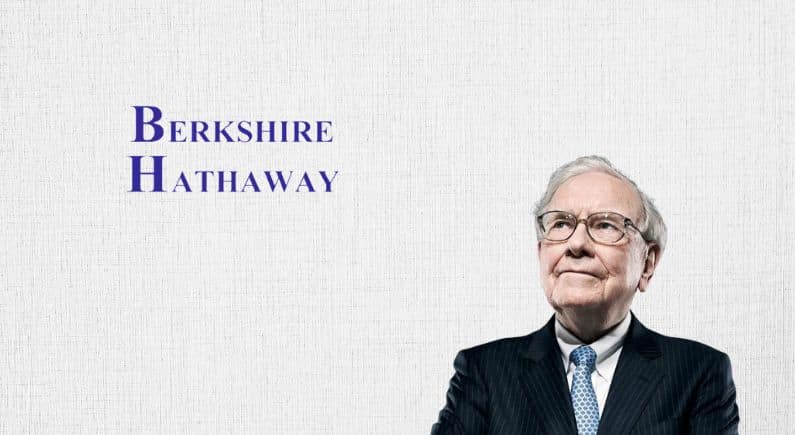FDIC negotiates acquisition of SVB by First Citizens

First Citizens shares have soared to more than 50 percent on the news that the bank was buying a large par of the now defunct Silicon Valley Bank. First Citizens is taking over US $72 billion worth of SVB’s assets at a US $16.5 billion discount, while the FDIC will hold onto about US $90 billion worth of securities and other assets. The FDIC estimated that SVB’s failure had cost it around US $20 billion in total, although it said it will give a more exact amount when it terminates its receivership of the bank.
Speaking to AIBC News Nick Glinsman, Co-Founder and CEO of Malmgren Glinsman Partners explains that after the failure of Silicon Valley Bank (SVB), “we are back to whatever it takes”. He adds that the US government agreed to bail out all the affected banks’ depositors, including those with deposits that exceed the US $250,000 limit for deposit insurance. “They did so to prevent a bank run that might have otherwise occurred. ”
Is First Citizens large enough to handle the take over?
First Citizens is recorded to have bought over 20 banks since the 2008 financial crisis. According to Bloomberg, in January First Citizens paid US$ 2 billion to acquire financial services company CIT Group. The other interested party in SVB was Valley National Bancorp but it was outbid by First Citizens.
SBC’s 17 branches will be controlled by First Citizens and anyone who has deposits with SBV will have their funds automatically transferred to First Citizens according to FDIC (Federal Deposit Insurance Corporation). Customers still have a guaranteed insurances on deposits of up to US $250,000.
What happened at SVB is old-fashioned financial mismanagement. They invested in risky, high-return debt securities that lost value as interest rates rose. The EU seems mercifully protected, because unlike the UK, it does not have all that many high-tech start-ups that rely on SVB as their bank. The UK has 3300. For once, being technologically stuck in the analogue age seems advantageous, but be careful what you wish for. We recall a German banker during the global financial crisis proclaiming that this was a US problem only, and that his bank was safe because it invested in triple-A rated securities. What he did not say, and quite probably did not know, is that his bonds were made up of US mortgage-backed securities.” Nick Glinsman, Co-Founder and CEO – Malmgren Glinsman Partners
The markets have reacted positively albeit cautiously to the takeover of SBV by First Citizens. S&P 500 futures rose by 0.5 percent. Nasdaq 100 futures climbed by 0.3 percent and the Dow Jones Industrial Average added 150 points at the opening bell. US bank stocks also surged in early-morning trading. Embattled First Republic led all stocks with a 30 percent jump in premarket trading, while First Citizens itself rose by 20 percent on news of its acquisition of SVB. Frankfurt-listed Deutsche Bank climbed 3 percent and wiped up any previous losses from the previous trading session.
One wonders whether this is a case of a good opportunity arising for someone to make money during a difficult situation. Glinsman quotes Larry Summers ” forgotten nothing, learnt nothing. It’s back to 2008. political parties. If you keep doing this in times of high inflation, the political price you are paying is going to be much higher. Moral hazard is the breeding ground of fascism. We expect this conflict will fully play out this time.”
So, what next?
Investors are relieved. But will it be shortlived?
The embattled banking sector has faced huge challenges over the last few months. From SVB to Signature, Silvergate, Credit Suisse and First National Bank. FDIV has offloaded SBV quickly and efficiently. By doing this it can provide greater support to the regional US banking sector.
Glinsman believes that “Financial stability comes first. If there is a conflict of objectives, between financial stability and price stability, they will prioritise financial stability, because financial stability is binary, think of a bank run, whereas price stability is measured in increments of decimal points. The ECB will always prioritise the cohesion of the monetary union. The promise to do whatever it takes to maintain price stability might be in conflict with the promise to do whatever it takes to keep the euro area together.”
Glinsman concludes “We are hearing a lot of canaries-in-the-coalmine. The cockroach- in-the-cellar is a particularly unpleasant one. There probably won’t be bank run. But as the Wall Street Journal reported, contagion can happen in many ways.”.
AIBC News was speaking with Nick Glinsman, a global markets strategist. He is co-founder and managing partner of Malmgren Glinsman Partner and specialises in geopolitical analysis. He was former Managing Director at Salomon Brothers.
Related topics:
AIBC Insight – This is a classic run on the banks says financial risk
AIBC Insight – A cryptocurrency that is Shariah-compliant






